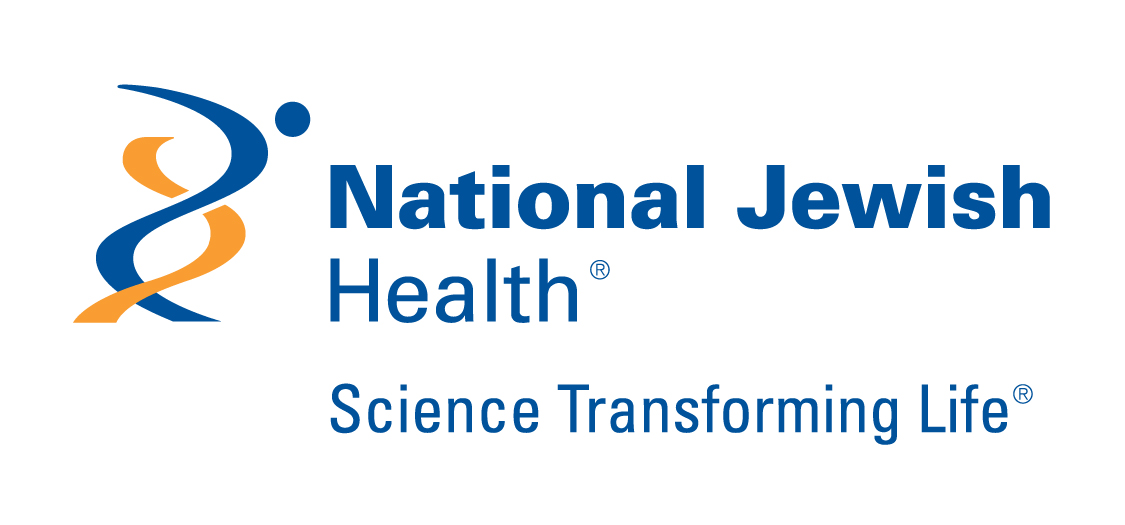Follow Us:


Infectious disease specialists, HIV treaters, and other health care professionals involved in the treatment of patients with HIV.
HIV, HIV treatment regimens

 Grace A. McComsey, MD, has been involved in HIV research for 15 years, 11 as NIH-funded principal investigator. Her work, since its inception, had focused on the investigations of lipodystrophy in HIV. Her work was paramount in showing the link between NRTI-induced mitochondrial toxicity and the loss of peripheral fat (lipoatrophy) in HIV-infected individuals on antiretrovirals. Her work was recognized in 2007 by the HIV Medical Association of the Infectious Diseases Society of America that awarded her the "HIVMA Leader in HIV Research Award", specifically in recognition of her work "in advancing our understanding of lipodystrophy in HIV". She has personally led a number of studies, including several multicentered, investigating different means to prevent or treat fat alterations in HIV, including uridine supplements, rosiglitazone, statins, and modulation of antiretroviral therapy dose and type. She also led several ACTG studies showing that central fat accumulation (lipohypertrophy component of lipodystrophy) continues to be a major threat to the success of current HIV treatment.
Grace A. McComsey, MD, has been involved in HIV research for 15 years, 11 as NIH-funded principal investigator. Her work, since its inception, had focused on the investigations of lipodystrophy in HIV. Her work was paramount in showing the link between NRTI-induced mitochondrial toxicity and the loss of peripheral fat (lipoatrophy) in HIV-infected individuals on antiretrovirals. Her work was recognized in 2007 by the HIV Medical Association of the Infectious Diseases Society of America that awarded her the "HIVMA Leader in HIV Research Award", specifically in recognition of her work "in advancing our understanding of lipodystrophy in HIV". She has personally led a number of studies, including several multicentered, investigating different means to prevent or treat fat alterations in HIV, including uridine supplements, rosiglitazone, statins, and modulation of antiretroviral therapy dose and type. She also led several ACTG studies showing that central fat accumulation (lipohypertrophy component of lipodystrophy) continues to be a major threat to the success of current HIV treatment. Dr. Overton currently serves as the medical director of the UAB 1917 HIV Clinic, where his clinical focus involves the improvement of health care delivery to the patients living with HIV and HCV. He is an UAB Center for AIDS Research (CFAR) Associate Scientist. He is the Site Leader for the AIDS Clinical Trial Unit at UAB and currently serves as the Vice Chair of the End Organ Disease/Inflammation Transformative Science Group for the AIDS Clinical Trials Group. He is an investigator on several national protocols addressing various metabolic complications of HIV, including osteoporosis, diabetes, and coinfection with HCV. His research interests focus on the long-term complications of HIV, particularly the interface between persistent inflammation and immune activation as they relate to the increasing prevalence of comorbidities seen among HIV-infected persons. He is an investigator on the NHLBI-funded REPRIEVE Trial which is evaluating the role of Pitavastatin to reduce atherosclerotic cardiovascular disease in HIV.
Dr. Overton currently serves as the medical director of the UAB 1917 HIV Clinic, where his clinical focus involves the improvement of health care delivery to the patients living with HIV and HCV. He is an UAB Center for AIDS Research (CFAR) Associate Scientist. He is the Site Leader for the AIDS Clinical Trial Unit at UAB and currently serves as the Vice Chair of the End Organ Disease/Inflammation Transformative Science Group for the AIDS Clinical Trials Group. He is an investigator on several national protocols addressing various metabolic complications of HIV, including osteoporosis, diabetes, and coinfection with HCV. His research interests focus on the long-term complications of HIV, particularly the interface between persistent inflammation and immune activation as they relate to the increasing prevalence of comorbidities seen among HIV-infected persons. He is an investigator on the NHLBI-funded REPRIEVE Trial which is evaluating the role of Pitavastatin to reduce atherosclerotic cardiovascular disease in HIV.| 1. | Utilize evidence-based guidelines as well as clinical knowledge of available and emerging therapies to develop initial HIV treatment regimens based on individual patient characteristics. | 2. | Review the cost-effectiveness of available HIV therapies. |
| 3. | Develop simplified HIV treatment regimens that reflect patient preference and increase adherence. | 4. | Differentiate available and emerging HIV treatment regimens based on resistance profile. |
| 5. | Apply knowledge of effective switch strategies and NRTI-sparing regimens that have demonstrated a low risk of virological failure in patients who would benefit from treatment alteration. |
| 1. | Utilize evidence-based guidelines as well as clinical knowledge of available and emerging therapies to develop initial HIV treatment regimens based on individual patient characteristics. |
| 2. | Review the cost-effectiveness of available HIV therapies. |
| 3. | Develop simplified HIV treatment regimens that reflect patient preference and increase adherence. |
| 4. | Differentiate available and emerging HIV treatment regimens based on resistance profile. |
| 5. | Apply knowledge of effective switch strategies and NRTI-sparing regimens that have demonstrated a low risk of virological failure in patients who would benefit from treatment alteration. |


| Supported Browsers: Internet Explorer 9.0+ for Windows 2003, Vista, XP, Windows 7, Windows 8.1 Google Chrome 28.0+ for Windows, Mac OS, or Linux Mozilla Firefox 23.0+ for Windows, Mac OS, or Linux Safari 6.0+ for Mac OSX 10.7 and above | Supported Phones & Tablets: Android 4.0.3 and above iPhone/iPad with iOS 6.1 or above |
